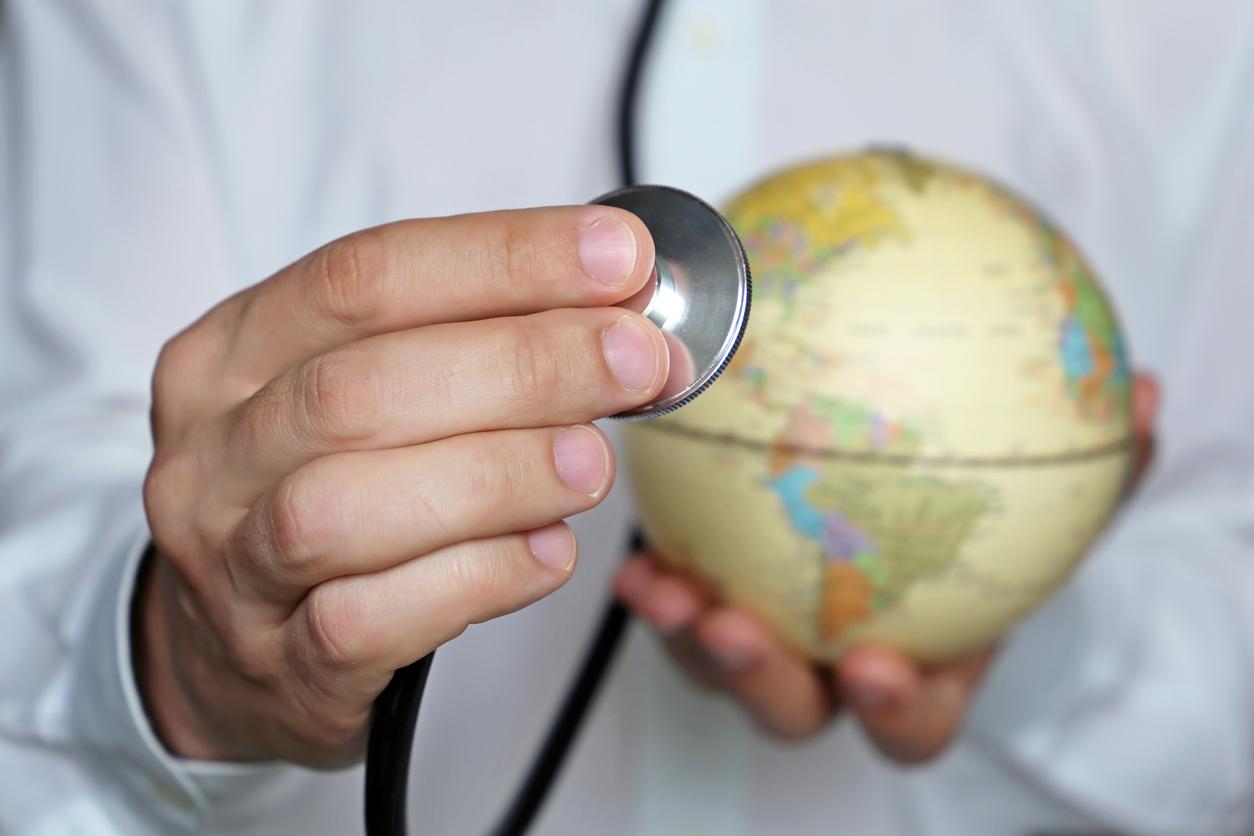The French do not trust all vaccines. Overall, favorable to the principle of vaccination, they retain some reservations vis-à-vis recent strains.

Vaccination is no longer unanimous in France. One in two people is not in favor of the gesture itself, according to the 2016 Health Barometer. The latest results of this survey are published in a thematic issue of the Weekly Epidemiological Bulletin, published by Public Health France on October 16.
The national public health agency notes the existence of a persistent doubt in the country. At the heart of the doubts, the interest of the vaccine obligation which should be extended in 2018. Going from 3 to 11 vaccines, it does not go without saying for the French. Public Health France has therefore developed an educational package for families.
Open consultation
The document discusses the basics of vaccination – how to obtain collective protection, how the vaccination coverage strategy is developed – but also what is the individual benefit of each vaccine.
This dossier is more necessary than ever in the light of the results of the 2016 Health Barometer. Especially when the responses are compared with the interviews conducted during the citizen consultation on vaccination, published for the first time.
“On the eve of the parliamentary debate on the vaccination obligation, it appeared important, on the one hand, to publish in the BEH the results of this work which informed the orientation committee of the citizen consultation and, on the other hand part, to present the arguments of an epidemiological nature which show the importance of improving immunization coverage for young children, ”explains François Bourdillon, Director of Public Health France.
Old vaccines supported
Vaccines are not universally approved. Four in ten French people say they are unfavorable to one or more vaccinations. That against the seasonal flu tops the criticisms, followed by those against hepatitis B and papillomaviruses.
In fact, despite the poor level of knowledge of civilians, they maintain their confidence in older vaccines. Thus, DTP and ROR remain relatively spared from this phenomenon, although doubts are growing. This is clearly reflected in the interviews conducted during the collective consultation process.
Among the 12 groups of French people questioned, almost all say they are in favor of the DTP, which is currently compulsory. Many are also mistaken, thinking that the MMR is also imposed on the population. Wrongly. But if these vaccinations are so well received, it is also because the collective interest of these strains is recognized.
For the obligation
Concerning more recent strains, on the other hand, the people questioned are more divided. In the absence of unanimity from the medical profession, in the presence of controversies, the French are beginning to express doubts. HPV vaccine is one of these.
Another source of confusion is the coexistence of the obligation and the recommendation. It is clearly misunderstood, since respondents believe that recommended equals optional. They tend to think that these vaccines protect against less serious diseases and are less useful.
The fact remains that on the whole, most French people say they are in favor of the principle of vaccination and the obligation. As proof, the majority of them oppose lifting such a principle.
>> Consult our thematic sheet: Vaccines, all the more effective if the entire population is vaccinated
General practitioners go to the front
“We will be there”, assures Raphaël Lozat, of the College of General Medicine. Author of an article from the BEH, the general practitioner believes that his colleagues must assume their role: to discuss with the population on the interest of vaccination. In fact, this profession constitutes the main source of information for the general public, far ahead of the health authorities.
However, one in two doctors admits having difficulties when discussing vaccination with their patients. The first problem, according to Raphaël Lozat, lies in the complexity of the system. But “persuading is above all to understand”, he believes. And this is why general practitioners should make the effort to integrate the origin of their patient’s doubts.
Raphaël Lozat does not stop there: he invites his colleagues to use the new tools made available to them by the public authorities. Because improving their own knowledge will make it possible to develop that of others. Industry also has its role to play, concludes the general practitioner. Without better availability of vaccines, and the assurance of ending stockouts, it will be difficult to turn words into action.
.















